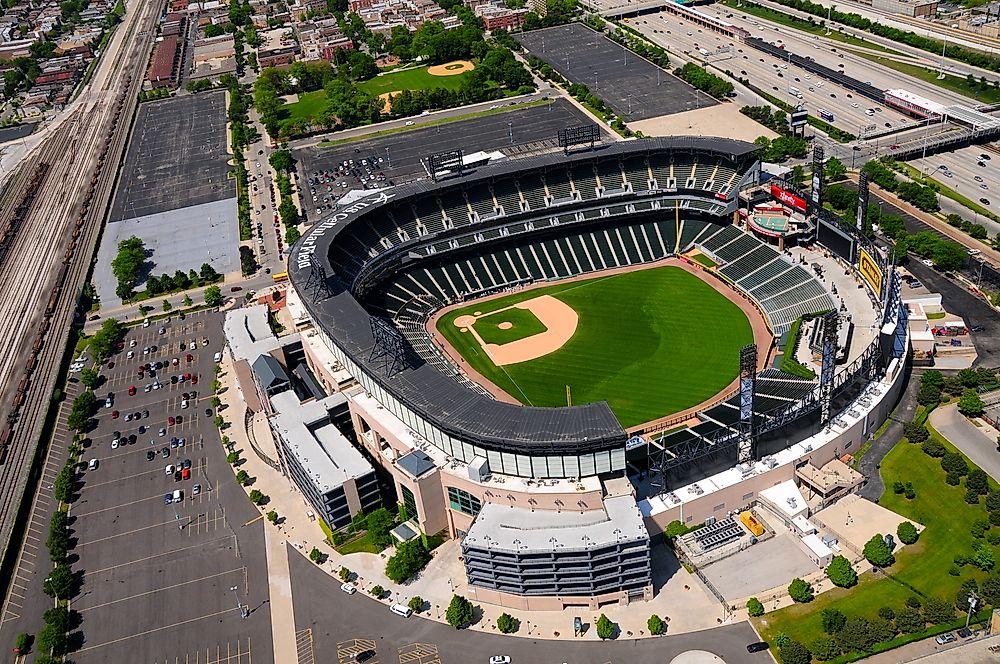What Was The Black Sox Scandal?

In 1919, several Chicago White Sox players conspired with gamblers in a plan that would see them perform poorly during their highly-anticipated World Series game against the Cincinnati Reds and ultimately lose the match. In exchange, the players would be compensated with a total sum of $100,000. The plan went on accordingly and resulted in the White Sox losing the match, in what was later known as the Black Sox Scandal.
Who Was Involved?
The eight players implicated in the Black Sox Scandal and who were subsequently banned from professional baseball included pitcher Eddie Cicotte, baseman Arnold Gandil, and outfielder Joe Jackson who was arguably the league’s best outfielder at the time. Other players include shortstop Charles Risberg, pitcher Claude Williams, baseman George Weaver, utility infielder Fred McMullin, and center fielder Oscar Felsch. Also implicated were the gamblers involved in the scandal.
The Backstory
The compensation of players participating in a World Series had been revised in 1918, from paying them based on ticket sales to a flat rate. This decision did not go down well with the players as it would gravely affect their finances. One team, the Boston Red Sox, had even gone on strike to protest the decision. Gamblers took advantage of the players’ desperation and bitterness and proceeded to offer players with alternative ways of making money.
The Case and Judgment
The Black Sox Scandal was among the first cases that new commissioner, Kenesaw Mountain Landis took up, and he was fully aware of the weight the case carried. Fortunately, there was an earlier similar case that had set a precedent used in the ruling. The National Commission had banned five players from the Pacific Coast League due to match-fixing. Many of the affected players made sensational claims of their innocence, saying that they had abandoned the plans and only performed poorly during the game due to fear. Eddie Cicotte was the first player to confess of his participation in the scandal, opening the gates for other players to also confess of their involvement. However, the single case that stood out from the rest is that of Joe Jackson whose participation in the scandal was questioned for years. The outfielder’s performance during the fateful game was stellar and was perhaps the best player of the game. Years later, all the banned players agreed that Joe Jackson played no part in the scandal and that his name was forwarded to the gamblers to increase their credibility.
In his ruling, Commissioner Landis banned the players from ever participating in professional baseball. The banned players would soon realize that the ramifications of the Black Sox Scandal extended outside the pitch. Some of the players tried to pick-up barnstorming, staging exhibition games in several small towns, but their foul reputation preceded them and left them without spectators. The players also attempted to have weekly exhibition games held on Sundays in Chicago, but the Chicago authorities shot down such attempts, discouraging ballparks from hosting the exhibition games.
The Aftermath
In the aftermath of the Black Sox Scandal, with eight of Chicago White Sox players being banned, the team’s performance crashed, ending up in second place in 1919 and seventh place in 1921. The Chicago White Sox would not win the American League Championship for the next 40 years until 1959 when they won. The team’s performance at the World Series was even worse, and they would wait until 2005 to win the World Series. The sudden and consistent poor performance seen with the team immediately after the scandal gave rise to the legend of the “Curse of the Black Sox.”











